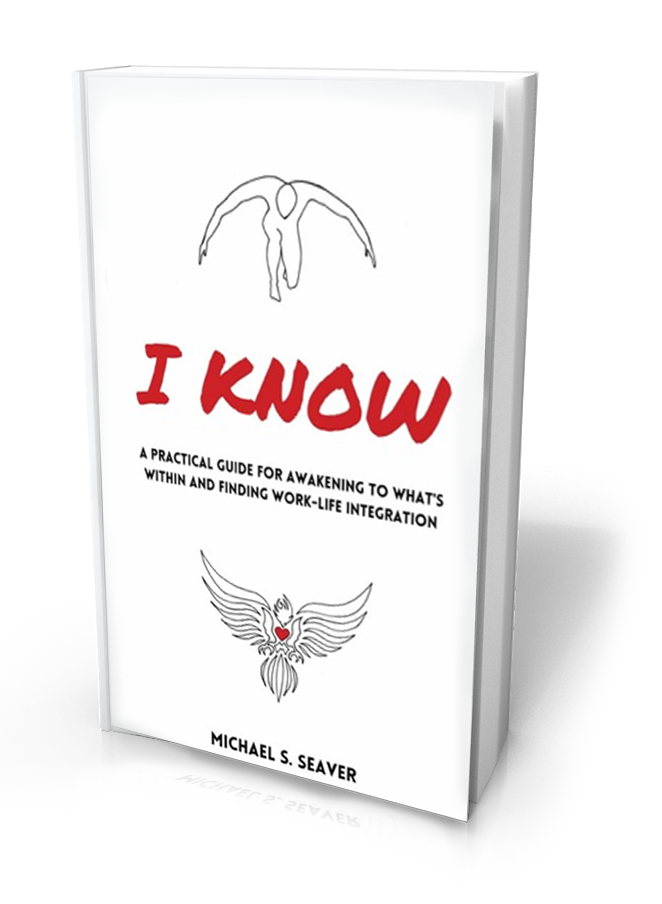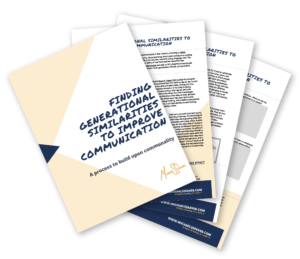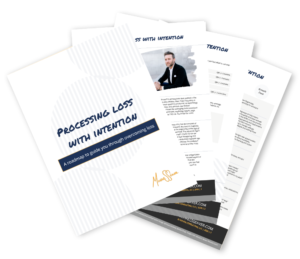I don’t remember when I first read it, but I remember reading an article (this one) about a Chinese company named Shanghai Biochip Corporation (SBC). In 2009, they conducted DNA testing on roughly 30 children aged 3 to 12 to identify genetic gifts. By reviewing genetic code, SBC was able to extract information about IQ, focus, memory, athletic skills, height, listening ability, susceptibility to disease and more. Their goal was to make recommendations to parents about what their child should pursue professionally. Considering how hyper competitive our world was/is, this seemed to be an effective strategy for giving those children a head start.
Fast forward a number of years to late 2017 when I was given the gift of the 23andMe ancestry service. Although I really enjoyed learning that my ancestors are 100% European – 29% French and German, 29% British and Irish, 19% Scandanavian, etc. – I was more intrigued by the opportunity to download my raw genetic data, provide it to Boulder Longevity Institute (BLI) and allow them to perform a diet and nutrition genomic analysis. The 13-page report I received fascinated me.
Before I offer a few examples about what I learned about my DNA and epigenetics, a definition of epigenetics may be beneficial. What Is Epigenetics states that, “Epigenetics is the study of heritable changes in gene expression (active versus inactive genes) that do not involve changes to the underlying DNA sequence — a change in phenotype without a change in genotype — which in turn affects how cells read the genes. Epigenetic change is a regular and natural occurrence but can also be influenced by several factors including age, the environment/lifestyle, and disease state.”
Basically, through diet, exercise and other environmental factors, humans have the capacity to turn select genes on (make them active) or off (make them inactive). As Viome suggests, this may mean that we can live in a world where illness is optional.
Disclaimer – I am not a trained medical professional and what follows does not constitute medical advice.
One of my genes, named PPARG, expresses itself in such a way that if I consume too many fats and refined carbohydrates, my body will not burn fat as quickly as the average person. Another gene, named BDNF3, helps with long-term memory and brain repair. I have very low BDNF3 and am at increased risk of dementia, depression and sleep disturbance. If I eat too much sugar and saturated fats, I am increasing my risks. If I consume little of those things and consume more salt, fish oils, blueberries, cocoa, honey and certain nuts, I’m greatly reducing my long-term risk. Last example. My gene MYO9B is expressing itself in such a way that I have a gluten intolerance with potential for excess cellular inflammation. Even though I used to enjoy gluten, flour, wheat, etc., I now know to avoid them so that I’m not diagnosed with Celiac’s Disease.
The recommendations offered by BLI are more than helpful. My body requires a lower calorie diet than many humans. I am predisposed to overeating, so I should exercise more. I have a high propensity to crave sweet/sugary treats and should consume more honey, stevia and cinnamon. If I consume too much high-sugar fruits such as bananas and peaches, my body will have a decreased metabolic response and I’ll gain weight. I have a higher propensity for inflammation in my brain and should exercise more and eat more turmeric, omegas and berries. My body can be insulin resistant, so I’ll take berberine to stabilize glucose levels. The report from BLI was full of considerable information similar to this.
Why does knowing this matter to you?
What works for one person does not work for everyone. Our society’s one-size-fits-all approach to medicine is outdated. Seeing the world through your epigenetic lens offers you distinct clarity about how to optimize your potential, be mentally acute, sleep better, manage nutrition, enhance your workouts and more. It takes human performance to another level.
Just as the Shanghai Biochip Corporation was attempting to help parents guide their children to meaningful careers that leveraged the child’s strengths, knowing your DNA and epigenetics allows you to better operate from a place of strengths, stay physically healthy and push your mental and spiritual limits to achieve your biggest goals. Because of my new diet, I feel far more mentally acute. I’m building muscle faster at the gym. I sleep more deeply and wake up recharged. My memory has improved. I feel fewer mood swings. I can mitigate health risks easier and potentially live longer. This knowledge and diet allows me to be more professional productive.
If you desire to have a clear roadmap of what to do and what not to do with your body, knowing your epigenetic profile could give you a head start and transform your life.






Connect with me